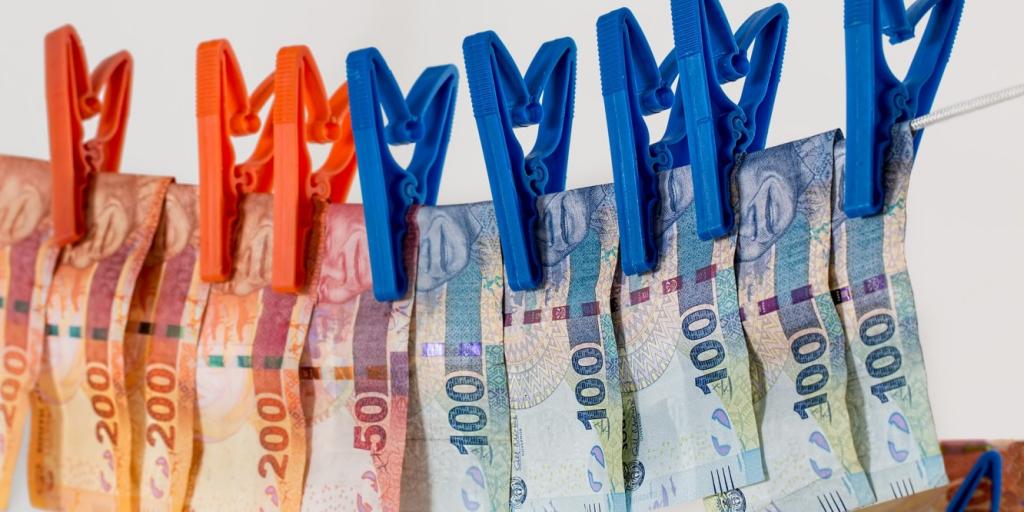By Lys Kulamadayil
SNSF Postdoctoral Researcher, University of Amsterdam
Research Associate, Global Governance Centre, The Graduate Institute
Because of the deep economic and political crisis, Venezuelan people are in dire need of humanitarian action. This year alone, the United Nations Office for the Coordination of Humanitarian Affairs (OCHA) estimates that $762.5 million are required, to provide life-saving services to approximately 7 million Venezuelans. Tragically, humanitarian organizations struggle to reach those in need due to the sweeping sanctions regime that is in place and also because humanitarian access is granted only selectively. Many donor states have been hesitant in directing funds to this crisis citing their commitment to not see core humanitarian principles being undermined by the Venezuelan government. As a result, only 9.4% of the overall amount required has been raised so far, making the crisis in Venezuela among the most underfunded ones in the world. Given these immediate and grave problems less tangible questions receive far less attention than they should. For instance how is it that 3.7 million people are undernourished in one of the world’s richest countries in terms of resources? Given half a century worth of large-scale oil extraction that has generated plenty of public revenue for a state with a comparatively small population of 28.87 million (2018), where did all of this money go and could things have been different?
Resource Curse theorists tie Venezuela’s economic collapse on the plummeting of the market value for oil combined with a number of terrible economic policy decisions such as the over-reliance on petroleum exports. They also point to decades of excess government spending and borrowing and lack of long-term investments or savings. In 2014, oil and gas exports accounted for 86% of all economic activity and were the main source of public revenue. So, when the price per barrel dropped from $90 in 2014 to $50 in 2017, the immediate impact was dramatic and brought all public institutions, including the state-owned oil company Petróleos de Venezuela S.A. (PDVSA) on the verge of bankruptcy.
…there is a pressing need for the international community to find less invasive means to solve the problem of unlawful capital extraction…
Targeting this vulnerability on 24 August 2017 the United States through Executive Order 13808 imposed sanctions stopping U.S. financial institutions from granting new loans to PDVSA and the Venezuelan government, and from purchasing Venezuelan state bonds and securities. The sanctions were imposed in order to put pressure on President Maduro’s government in response to its human rights violations, the undermining of democratic institutions, rampant public corruption and repression of the political opposition. The measures quickly pushed an already over-indebted state into bankruptcy. Barely two months after the order was issued the Venezuelan government, no longer able to finance its debt-payments with new loans defaulted on two of its loan payments. The toll of the measures on the population however has been high. The sanctions and subsequently imposed ones form a so-called comprehensive economic sanctions regime that has exacerbated the humanitarian crisis in Venezuela. The country is almost entirely reliant on food imports, with the farming and fishing sectors accounting for only 5% of the country’s GDP (2010). The comprehensive economic sanctions regime severely limits the import of food and other essential goods. Despite this, Juan Gerardo the leading opposition figure has voiced his support for the U.S. sanctions citing that “Venezuelan capital has flooded the world economy” and that the magnitude of theft from the Venezuelan people amounts to at least $300 billion, which has become part of a money-laundering circuit.
Given the extreme proportions of state funds that remain unaccounted for, Gerardo’s position invites some sympathy. If all of that capital had been retained and if it had been invested wisely, or saved e.g. in a sovereign wealth fund, maybe Venezuela would not find itself in its current position. However, sanctions can only limit further capital extraction from public funds and not restore what has already been lost. Sanctions are also not a long-term solution and most importantly, the price that the population is paying is far too great. With no immediate alternative political solution in sight, there is a pressing need for the international community to find less invasive means to solve the problem of unlawful capital extraction from Venezuelan state resources. One important component for such a solution must be more rigorous legislation, implementation and enforcement of anti-money-laundering legislations in the world’s banking capitals. Grand theft requires not only access to capital that one can steal, but instruments to steal it and places to hide it.
Almost all of the capital unlawfully extracted from Venezuela in the last decades passed through banks established in Europe or North America, particularly through purported investments in financial products. More recently, significant amounts were unlawfully extracted from state coffers through currency exchange schemes and laundered abroad. The financial policy of fixing a state-guaranteed foreign currency exchange rate to stop the domestic currency’s hyperinflation was instrumental in the success of such schemes. This policy prevented the Bolivars from losing their free market value and by 2014, the government’s exchange rate varied dramatically from the free market one. One could exchange $10 million for 600 million Bolivars on the free market and then convert it back to $100 million using the government fixed exchange rate. However, while this practice drained public resources, the international financial market offered many other possibilities for laundering stolen funds well before this particular method became so lucrative.
This is an excerpt. To read the full article, visit The Global.
Interested in contributing to our blog? Here is how.
Image by Steve Buissinne from Pixabay


